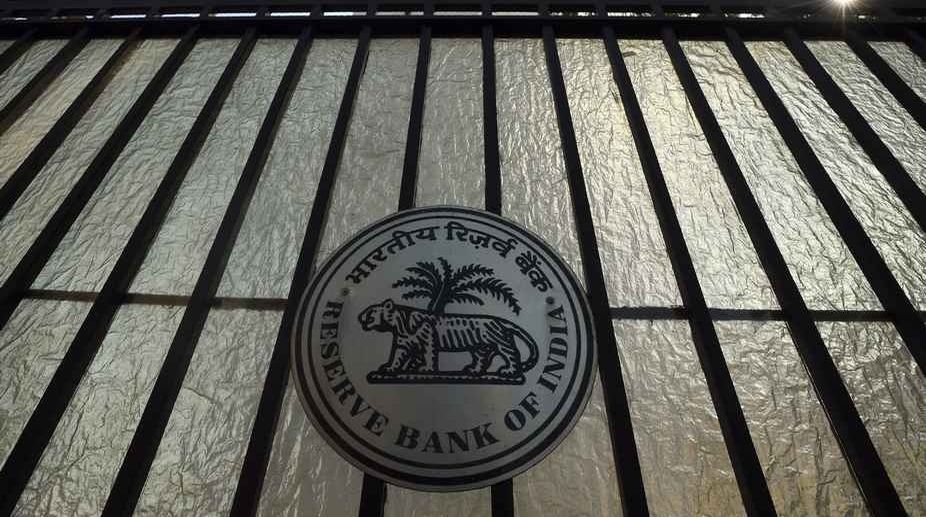The Reserve Bank on Wednesday said it will set up a task force to provide a roadmap for development of a public credit registry — a database of credit information — for India.
"To improve transparency in credit markets and to facilitate better early intervention as well as risk-based counter cyclical provisioning, the Reserve Bank has decided to set up a high level task force comprising experts and relevant stakeholders," RBI Deputy Governor Viral Acharya said.
The task force will evaluate the existing public and private infrastructure for credit information, assess any data gaps, study the best international practices and provide any roadmap for development of near real-time public credit registry for India, he said.
Public credit registry (PCR) is a database of credit information that is accessible to all stakeholders. Generally, a PCR is managed by a public authority and reporting of loan details to the PCR by lenders is mandated by law.
"The objective is not just improve credit assessment by financial lenders but also of financial lenders themselves," Acharya told reporters after the monetary policy review.
This will address the information asymmetry between borrowers and lenders as well as to make the credit market more efficient.
Private credit bureaus and public credit registry (PCR), generally operated by a central bank or a supervisory authority, work in tandem in most of the countries.
However, in India four credit bureaus or credit information companies namely CIBIL, Equifax, Experian and CRIF Highmark are running, which are regulated by RBI under Credit Information Companies (Regulation) Act, 2005 (CICRA 2005).
"Within RBI, Central Repository of Information on Large Credits (CRILC) has been created to cater to the supervisory needs by tracking large exposures. RBI also has a comprehensive Basic Statistical Return (BSR-1) database with granular account level information on credit," RBI said.
A PCR can potentially help banks in credit assessment and pricing of credit as well as in making risk-based, dynamic and countercyclical provisioning, it said.
The credit registry can also help the RBI in understanding if transmission of monetary policy is working, and if not, where are the bottlenecks, it said.
In a bid to deepen corporate bond repo market, RBI will come out with guidelines in the middle of this month.
"Introduction of tri-party repos will likely contribute to better liquidity in the corporate bond repo market, thereby providing markets an alternate repo instrument to government securities repo," he said.
The draft directions on introduction of tri-party repo were placed on RBI website on April 11, 2017 for public feedback, it said.










